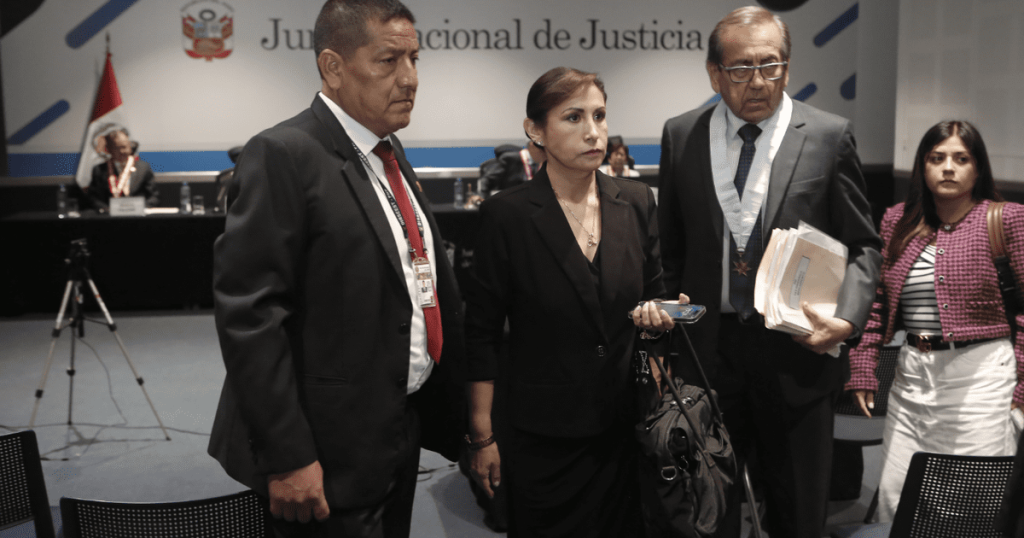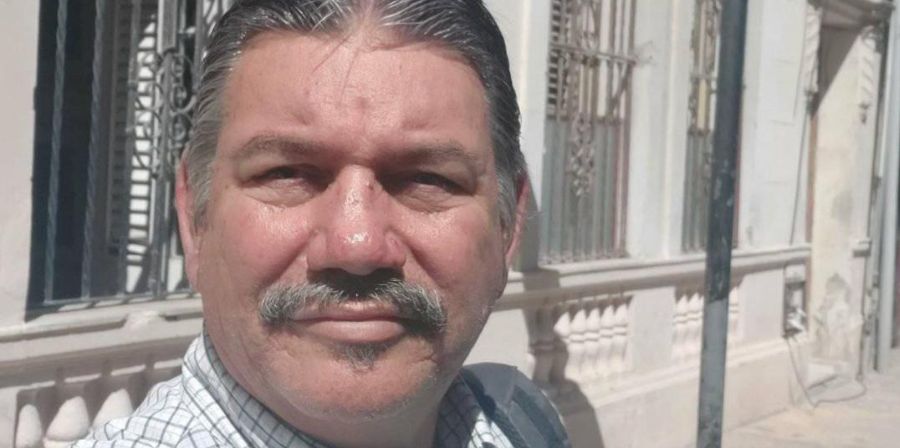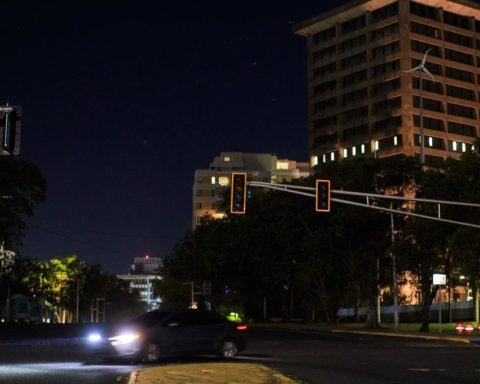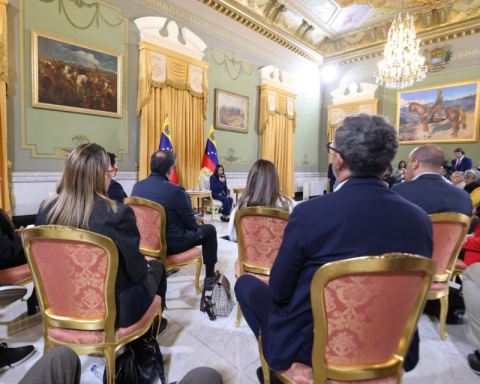L
the only true one The only revolution that Mexico has ever had is the Independence movement of 1810-21. It changed the country from a monarchical regime, after the fleeting empire of Iturbide, to a republican one and from being a colonial country to an independent one; from power being in the hands of one class – the feudal nobility – to another different one: somewhat popular with pre-bourgeois dominance. The dictatorship of the rising bourgeoisie would soon appear through the supreme conservative power just 12 years after the Constitution of 1824 was promulgated.
The Reform movement, liberal and anti-imperialist, led to an effectively bourgeois dictatorship and its government headed by Díaz: the nefarious oligarchy
(Log, Plan of Saint Louis).
The transformative revolt of 1910-17, with all the social and constitutional changes it brought about, was not exactly a revolution, but a profound reform. It was given the name of revolution because of the enormous bloodshed in the struggle of the armed protagonists for power and because of the worldwide ideological irradiation of the Russian revolution. But in Mexico power did not shift from one class to another, but from one actor to another.
Remember point 12 of the Feelings of the Nationof Morelos: that the laws that are dictated moderate opulence and poverty, and in such a way increase the wages of the poor, improve their customs, drive away ignorance, plunder and theft.
. But this principle is not even included in the Constitution of 1814 approved by the congress convened by Morelos himself. In this document, the axial principles of that and other liberal constitutions are set out: liberty, equality, security and property. It must be specified: private property, which is qualified in the current constitution with the principle –very vulnerable– that the lands and waters belong to the ductile nation.
Democracy appears in Mexico as an invocation and political narrative until the beginning of the 20th century. In the 19th century, the paradigm of freedom prevails in the face of attempts at reconquest (the Barradas incursion), the need to bury the vestiges of the old regime while building a country with a government whose institutions make it governable. The word is found in 19th century literature, but only as a rhetorical reference.
Democracy was the central concept of the interview that American journalist James Creelman of Pearson’s Magazine conducted with Porfirio Díaz (March 1908). In it, Díaz said that the principles of democracy had developed in Mexico, thanks to the presence of a middle class that had not existed before, and that he wanted to retire from the Presidency. He gave his blessing to an opposition party, although he feared that Mexicans did not care as much about democracy as about their interest in themselves and their rights. Creelman was left with the impression that he had spoken with a statesman without any trace of hypocrisy and that he believed the words of his country’s Secretary of State to be true, to the effect that Díaz had managed to maintain humanity’s cult of the hero.
With Francisco I. Madero, democracy acquired the status of a cause and a banner, although it was unable to establish itself as an ideology of popular struggle.
Madero was the son of Evaristo, one of the richest businessmen in northern Mexico. And his idea of democracy was none other than alternation in government. It is not for nothing that Zapata and Villa manifested their dissatisfaction, whose demand was for a profound agrarian reform that Madero, already in the Presidency, never attended to. After the coup d’état and his sacrifice, the fight against the second dictatorship and a civil war took place.
Neither the popular forces of Villa and Zapata won that war nor the public power, but those of Carranza, a landowner dedicated to agriculture and cattle raising, and Obregón, who made his fortune as a farmer equipped with modern machinery and within the framework of a capitalist market. Both their supporters – including that of the United States – and the social periphery could not give birth to anything other than the conditions for the development of this market and its regime.
Without the participation of the people, none of the three movements would have been possible. But their leaders, with the exception of Morelos, Guerrero, Villa and Zapata, did not have popular roots. The people, in the end, remained a political driving force and a subordinate.
Cárdenas’ new reforms met many of his demands, but lasted almost as long as his government. The rulers and the high bureaucracy of the following governments became part of the capitalism that reached its highest concentration in the neoliberal stage that extends, to a large extent, until the six-year term of López Obrador.
In the government of the so-called 4T, the logic of the previous transformations continues to prevail, although the situation of the poorest and most vulnerable has been attenuated. His government exalts the figure of Ricardo Flores Magón, but has been far (it could not be otherwise) from what he prioritized in his Manifest from Los Angeles the only revolutionary worthy of the name: the fight against social inequality and its economic causes.
















